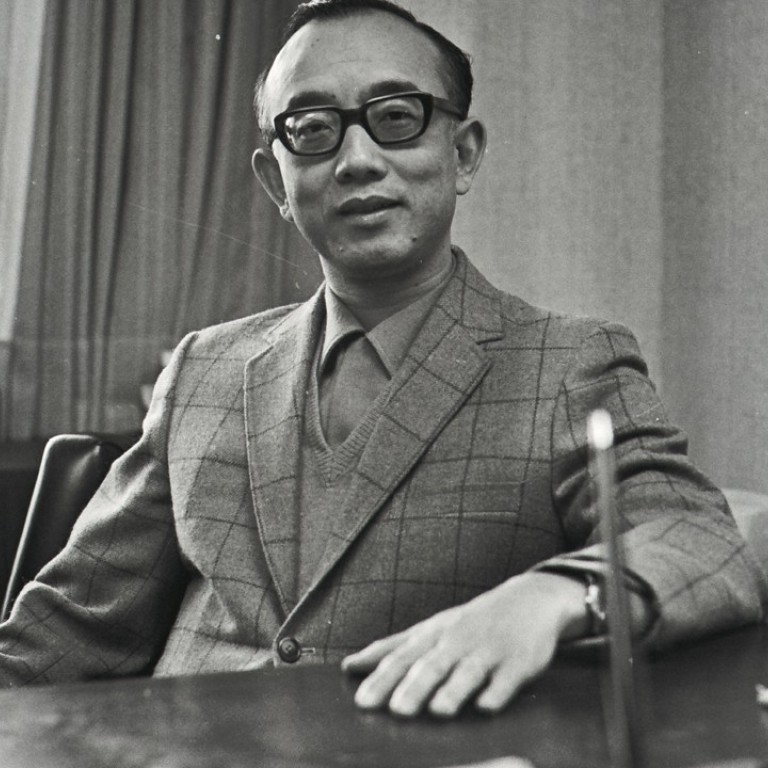
Raymond Chow Man-wai, Hong Kong movie producer who brought the world martial arts legend Bruce Lee, dies at 91
- Chow was widely regarded as the godfather of the Hong Kong film industry
Raymond Chow Man-wai, the Hong Kong movie producer who introduced the world to martial arts legend Bruce Lee, died on Friday aged 91.
Chow produced more than 600 films over his lifetime in a range of genres, from action and comedy to art house movies, and nurtured a number of international superstars and directors.
He was widely regarded as the “godfather of the Hong Kong film industry”.
Robert Chua Wah-peng, a friend of Chow’s for more than 40 years, told the Post that his last meeting with the legendary producer was at a party less than a year ago, when Chow “looked OK but a little bit frail”.
“I am very sad,” Chua said. “He is the man who brought Bruce Lee to the world.”
Chow retired in 2007 after selling his share in the production company he founded, Golden Harvest, which later became Orange Sky Golden Harvest.
He set up the firm after leaving his job as chief executive of Shaw Brothers Pictures – then one of the largest movie companies in Asia – in 1970.
Tributes pour in for Chinese literary giant Louis Cha ‘Jin Yong’, the ‘greatest epic writer of our time who embodied the martial arts spirit’
Born in Hong Kong in 1927, Chow brought martial arts superstar Lee to the silver screen with action movie The Big Boss in 1971. The film earned Golden Harvest a major slice of local and overseas box office takings after just two years in business.
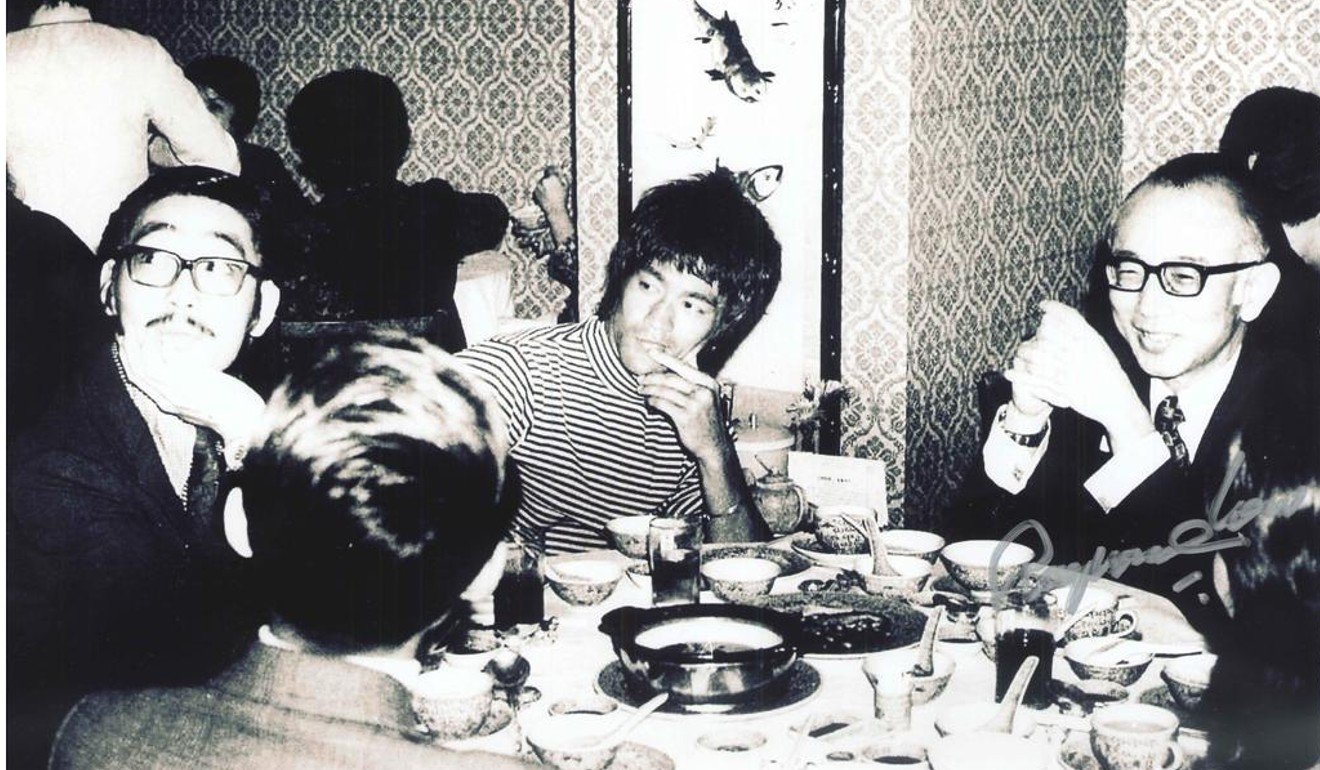
Situation comedies directed by Hong Kong’s Hui brothers – Michael Hui Koon-man, Samuel Hui Koon-kit and Ricky Hui Koon-ying – again lifted the company’s fortunes after a low following Lee’s death in 1973.
In the 1980s Golden Harvest enjoyed its last wave of major success with another internationally renowned kung fu star, Jackie Chan. It led to a 1994 listing on the Hong Kong stock exchange. The firm is currently valued at HK$1.03 billion (US$131 million).
Legends in making: 6 of the best-known characters from world of martial arts novelist Louis Cha ‘Jin Yong’
Following Hong Kong’s transfer of sovereignty from Britain to China in 1997, Golden Harvest started to go downhill under the weight of the Asian financial crisis and the death of Chow’s right-hand man, Leonard Ho Koon-cheong.
Chow eventually sold his share of the business to mainland Chinese businessman Wu Kebo.
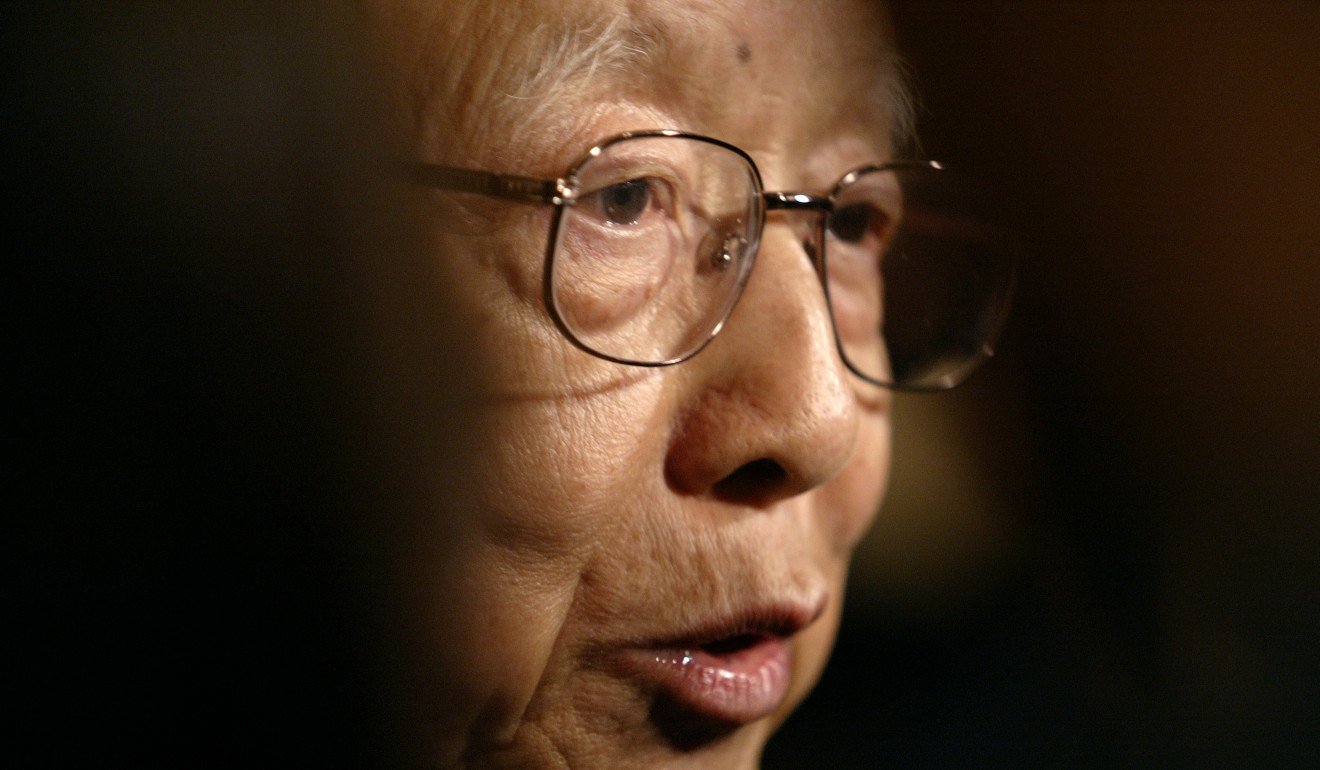
Director, scriptwriter and actor Joe Cheung Tung-cho, who formerly produced movies for a subsidiary of Golden Harvest, said Chow’s death was a huge loss for the local film industry and the city in general.
“He was a major mover in the industry. He brought Hong Kong movies to the international stage,” Cheung said.
Chow was a daring businessman with a sharp eye for an opportunity, he added.
Is this the same Jet Li we all know? Martial arts legend battles illness and injuries as fans express shock
“He could have stayed a top executive at Shaw Brothers, which had a monopoly over the market at that time. But he left to start his own business, and when Shaw Brothers passed on Bruce Lee, Chow made him a superstar.”
Checkley Sin Kwok-lam, who has produced a number of major kung fu films including the Ip Man series, said Chow was his idol in the genre.
“He discovered Bruce Lee and Jackie Chan, who until then were unheard of,” Sin said. “Chow is an indelible hero in the history of action movies.”
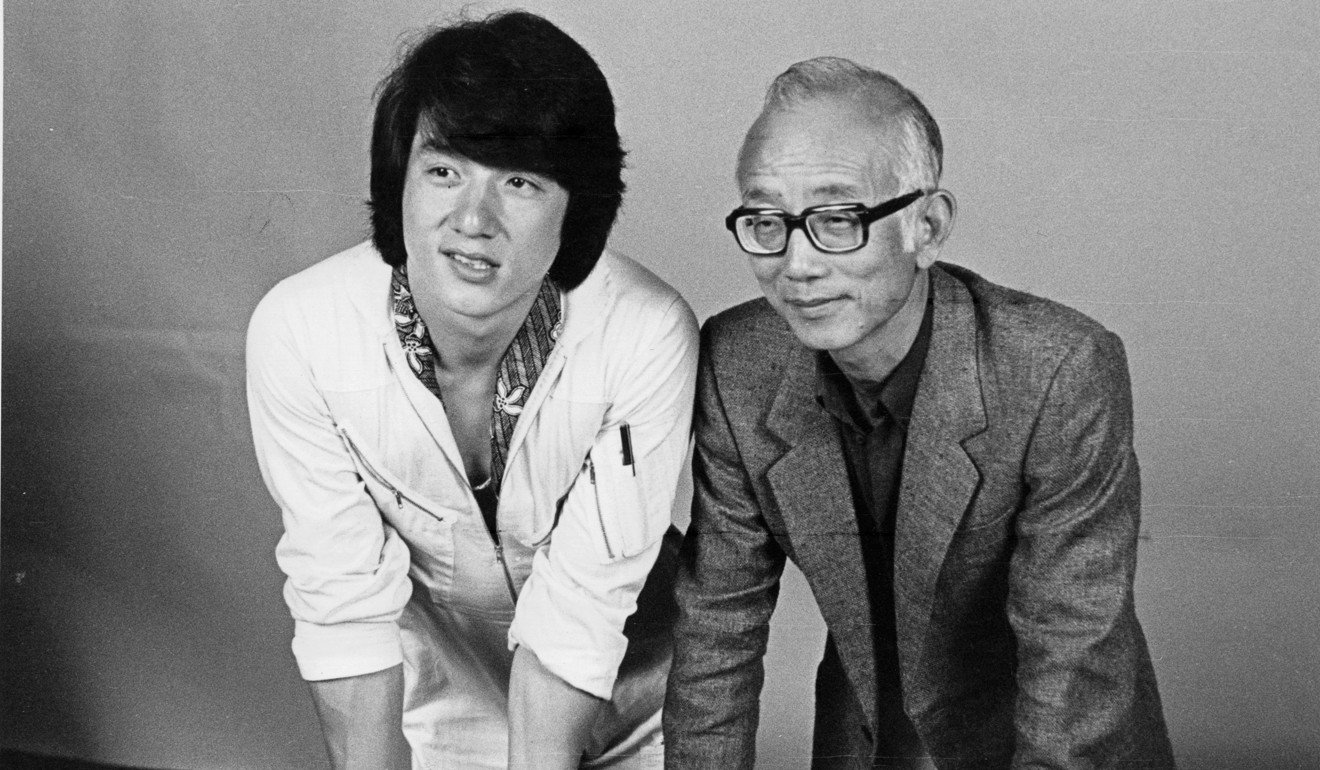
Sin explained how Chow had helped him understand how creativity should be incorporated into the genre. The Ip Man franchise, based on a real-life wing chun martial arts master, was heavily influenced by Chow’s films, he said.
Cheuk Pak-tong, founder of Hong Kong Baptist University’s Academy of Film, said Hong Kong established its international image with the export of Lee’s martial arts movies, which wouldn’t have been possible without Chow.
“The city often brags about its financial industry, but it is its movies, represented by stars like Bruce Lee, which are actually more widely known,” Cheuk said.
Cheung, who lived nearby Chow at Jordan in Kowloon, remembered the late producer as a very polite and good natured individual.
“There was one time he paid my bill after we met in a restaurant,” Cheung recalled.
Sin shared a similar impression of the movie mogul.
“He was so senior in this industry yet very approachable,” he said. “I felt very comfortable around him.”
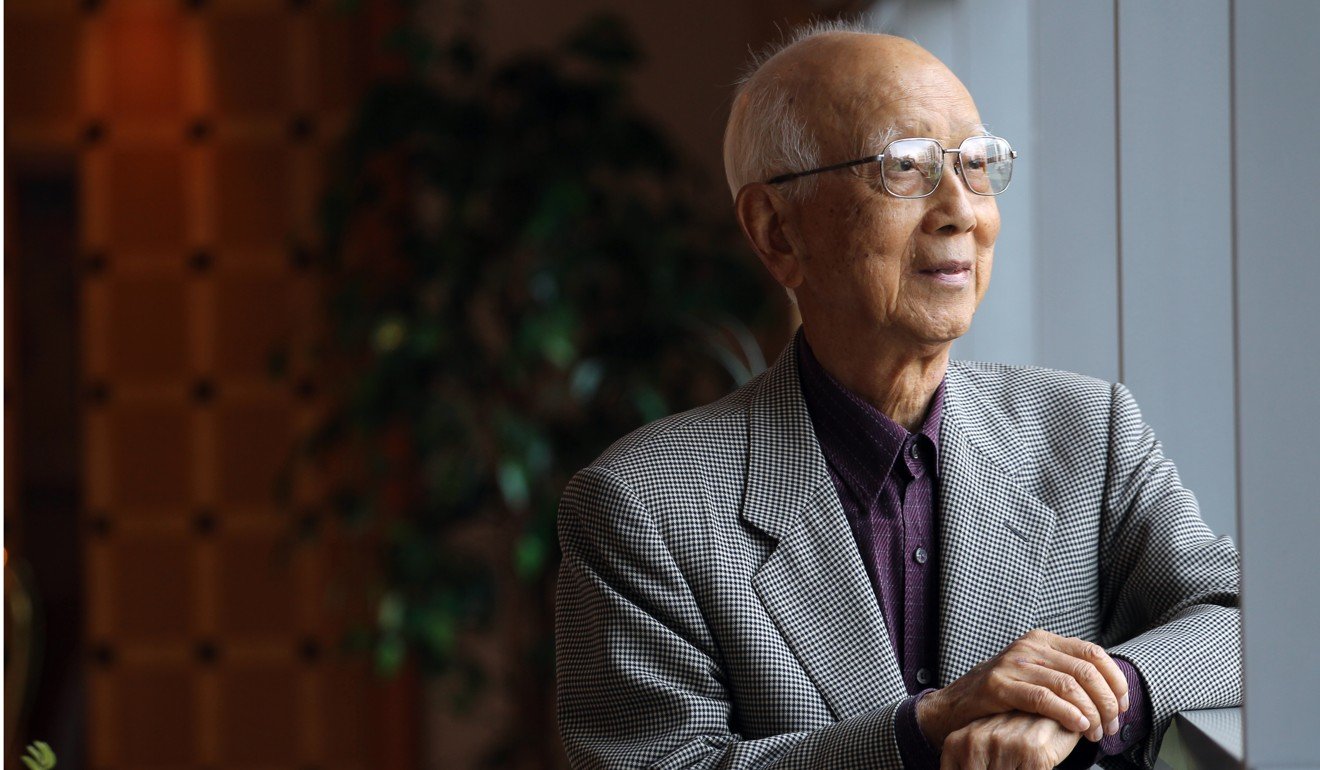
Hong Kong leader Carrie Lam Cheng Yuet-ngor and the city’s commerce minister Edward Yau Tang-wah mourned the passing of Chow in statements issued late on Friday night.
Lam said: “Chow Man-wai was a prominent member of the movie industry … His contribution to the golden era of Hong Kong movies in the 1980s cannot go unremarked.”
Yau said: “Mr Chow Man-wai had some remarkable achievements in producing a great number of classic movies, introducing many Hong Kong actors to international audiences and propelling the development of the industry.”
Chow was awarded the Gold Bauhinia Star in 1998 for his contributions to the local film industry.


